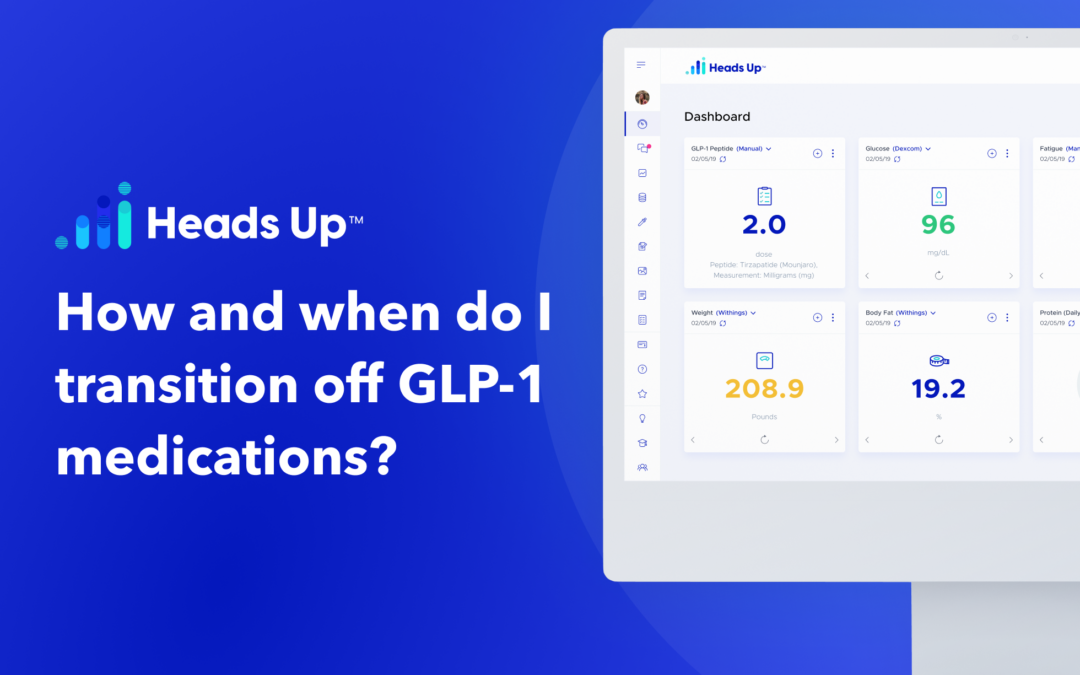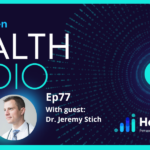GLP-1 medications are meant to be long-term treatments for diabetes or obesity. Both are considered chronic conditions that need to be managed over an individual’s lifetime.
GLP-1 for Diabetes
If you are using a GLP-1 for diabetes management, do not stop the medication without speaking to your doctor first. They can determine if GLP-1 is still an appropriate treatment for your diabetes management or if you can transition to a different medication. Do not stop the medication cold turkey, as it may cause your blood sugar to increase.
GLP-1 for Weight Loss
Many people use GLP-1 medications for weight loss and are unsure what to do once they reach their goal weight. A conversation with your provider is always the best place to start.
If you are looking to transition off a GLP-1 medication because you have reached your goal weight, proceed with caution. A 2022 study found that when people stopped taking the medication they gained back about ⅔ of the weight they lost within a year. Additionally, all of the metabolic improvements while on the medication were also reversed.
There is no specific protocol for transitioning off of a GLP-1. There are no harmful effects from simply stopping the medication. GLP-1 medications have a 7-day half-life, which means the medication will likely be out of your system within 2 weeks. Once the medication is out of your system, you may experience an increase in appetite.
If you prefer to taper the medication slowly, you can try moving to a lower dosage for a period of time. It is best to speak to your doctor about the best way to stop the medication.
If you have struggled with obesity for a long time, it is not recommended that you stop taking GLP-1 medication. These medications are a long-term treatment for obesity management, they are not a temporary solution.
References:
- Wilding, J. P. H., Batterham, R. L., Davies, M., Van Gaal, L. F., Kandler, K., Konakli, K., Lingvay, I., McGowan, B. M., Oral, T. K., Rosenstock, J., Wadden, T. A., Wharton, S., Yokote, K., Kushner, R. F., & STEP 1 Study Group. (2022). Weight regain and cardiometabolic effects after withdrawal of semaglutide: The STEP 1 trial extension. Diabetes, Obesity & Metabolism, 24(8), 1553–1564.
- Hui, H., Farilla, L., Merkel, P., & Perfetti, R. (2002). The short half-life of glucagon-like peptide-1 in plasma does not reflect its long-lasting beneficial effects. European Journal of Endocrinology / European Federation of Endocrine Societies, 146(6), 863–869.











